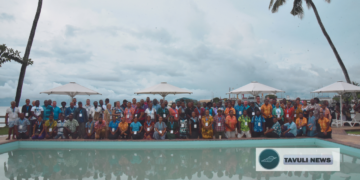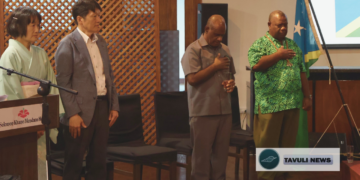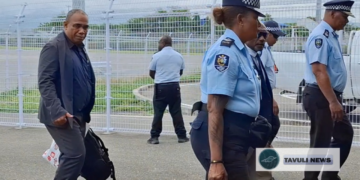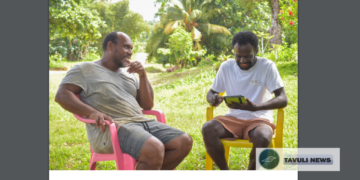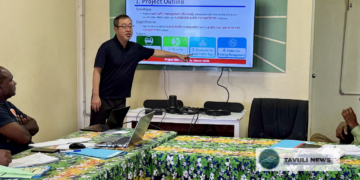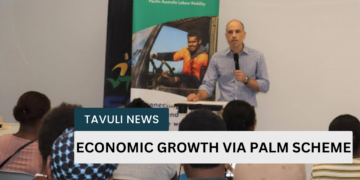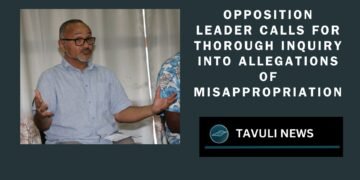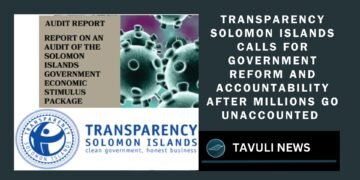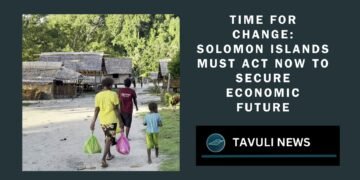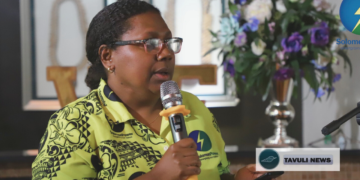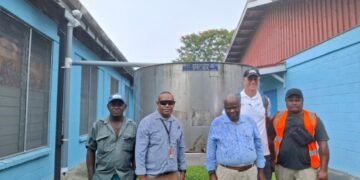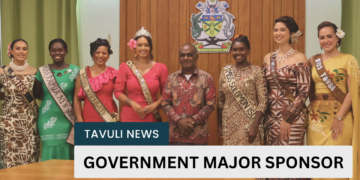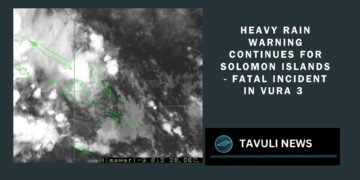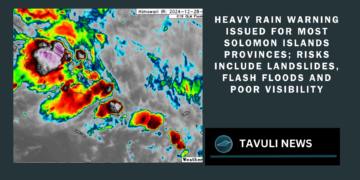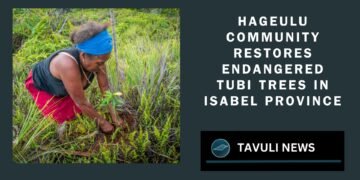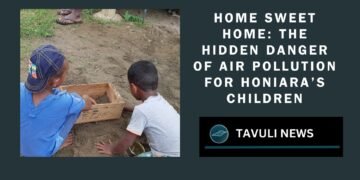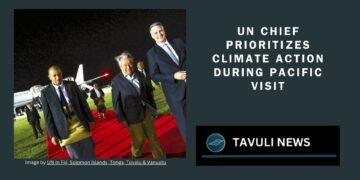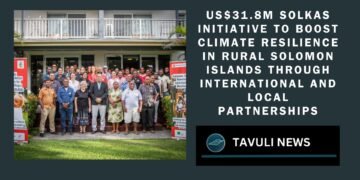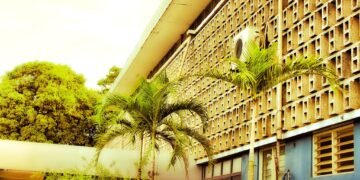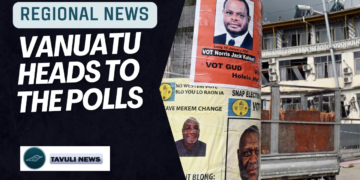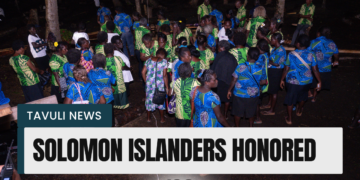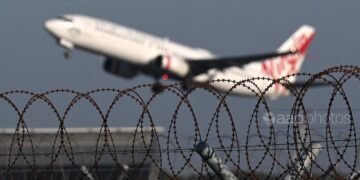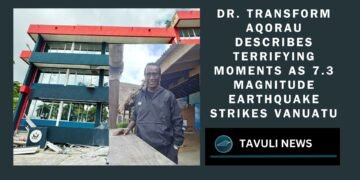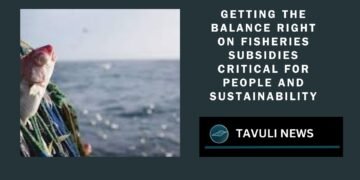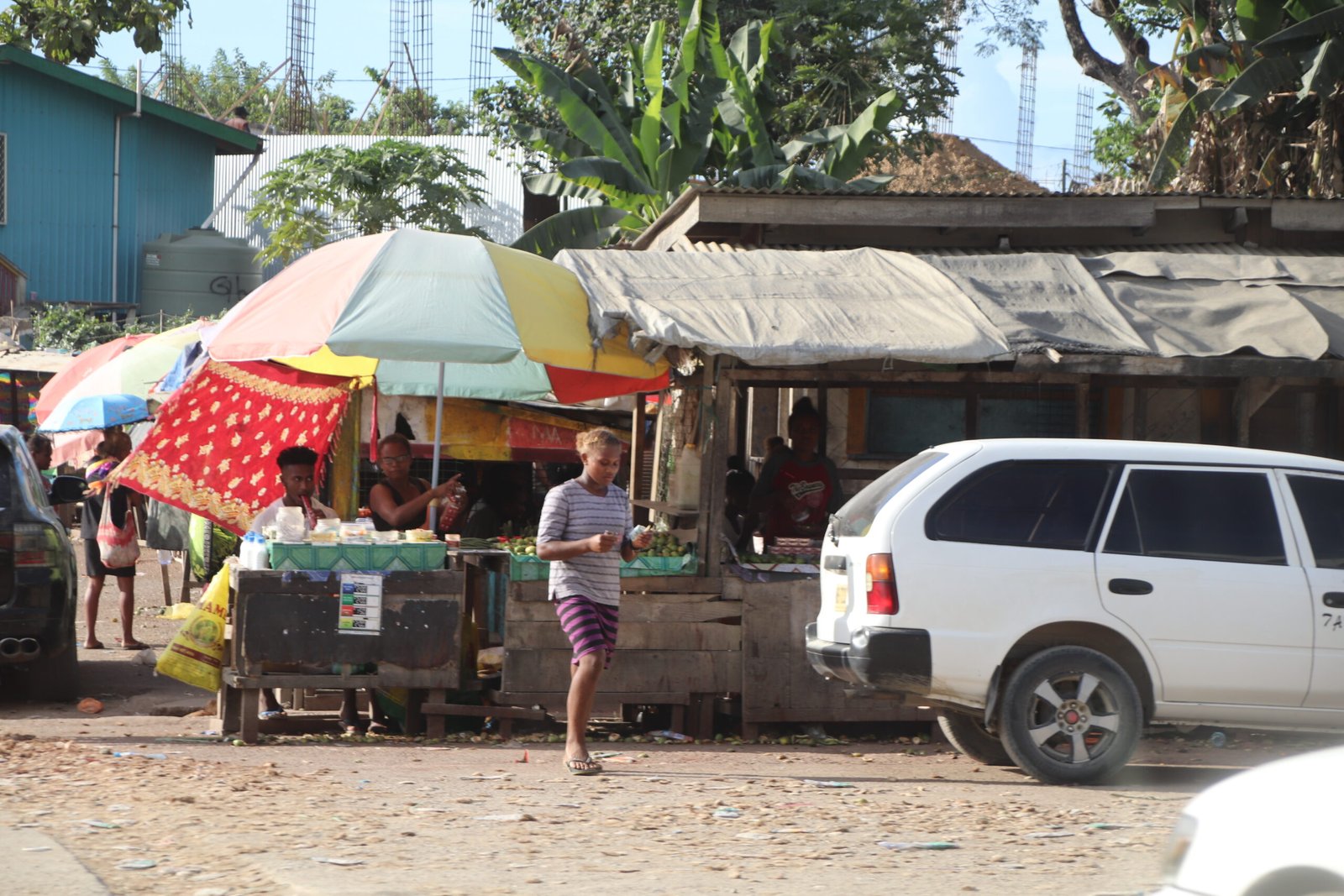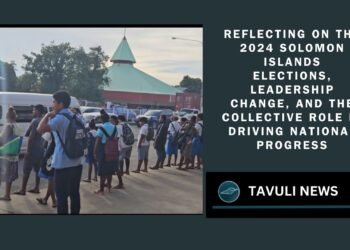By Sanaka Samarasinha
UN Resident Coordinator to Fiji, Solomon Islands, Tonga, Tuvalu, and Vanuatu
As we surface from an unexpected global pandemic which left us with immeasurable loss of life and brought the worst recession in 90 years, we find ourselves amidst another period of political turmoil and economic unpredictability.
For us in the Pacific, the climate emergency adds another layer of increasing urgency.
Against this bleak backdrop, however, we now have a more profound knowledge of our vulnerabilities and strengths, a deeper penetration of digital technologies – particularly in rural areas – a renewed appreciation for nature, and an opportunity to take back the last two years as we reorient towards greener, more inclusive economies and societies.
On October 24th, we marked UN Day – the 77th anniversary of the UN, and the day we collectively decided that working together was our greatest asset against the world’s most pressing issues.
The UN was created in the aftermath of great turmoil – so not only do we represent hope, we have the unique ability to convene to create hope and bring about real change.
What remains now is a bold decision by each of you, for our action or inaction in the next eight years will decide between a decade lost and a decade reclaimed.
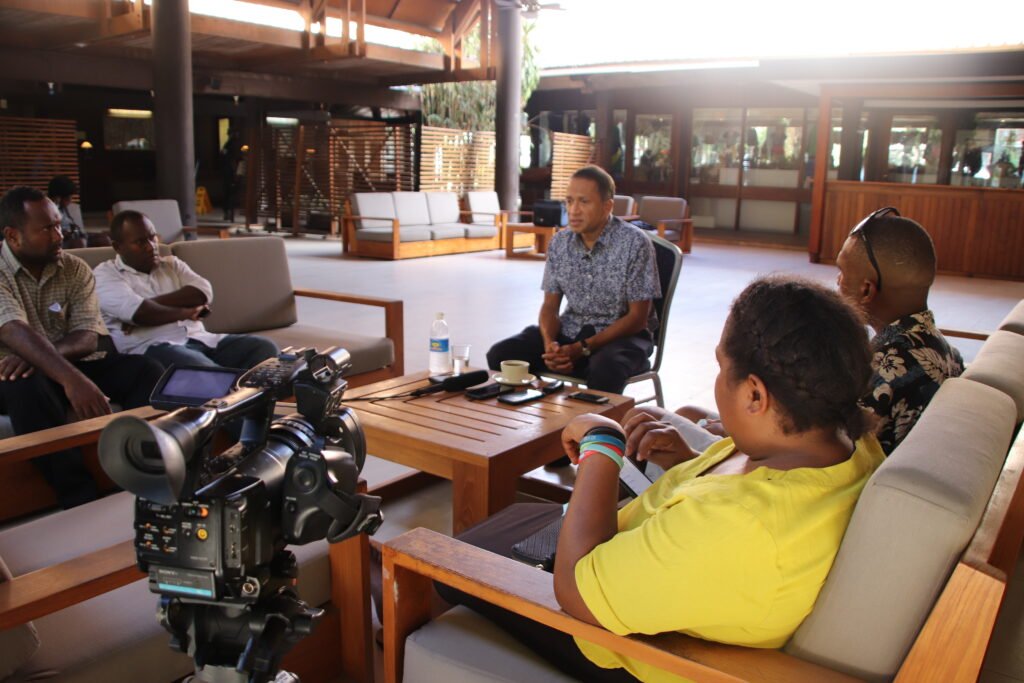
The Sustainable Development Goals
Now more than ever, we need to harness and capitalize on the spirit of ‘accomplishment through unity’ to get back on track to achieving the SDGs by 2030 – indeed this is a bold agenda, but it requires nothing short of transformative actions and accelerated commitments from everyone.
Last year, we began the important journey of creating our UN Sustainable Development Cooperation Framework 2023-2027 – the blueprint of our work in the Pacific over the next five years.
Consulting with governments, civil society, development partners, the private sector, and CROP agencies, we have created a Pacific-wide framework which, for the first time, tangibly connects global goals to national development priorities and is aligned to the new 2050 Strategy for the Blue Pacific Continent launched by Pacific Islands Forum Secretariat (PIFS) this year.
In this five-year window, we have a shot to strengthen our joint work, recalibrate together, and refocus our efforts, so that come 2030, we are well on our way to ticking all 17 SDGs off our collective ‘to-do’ list.
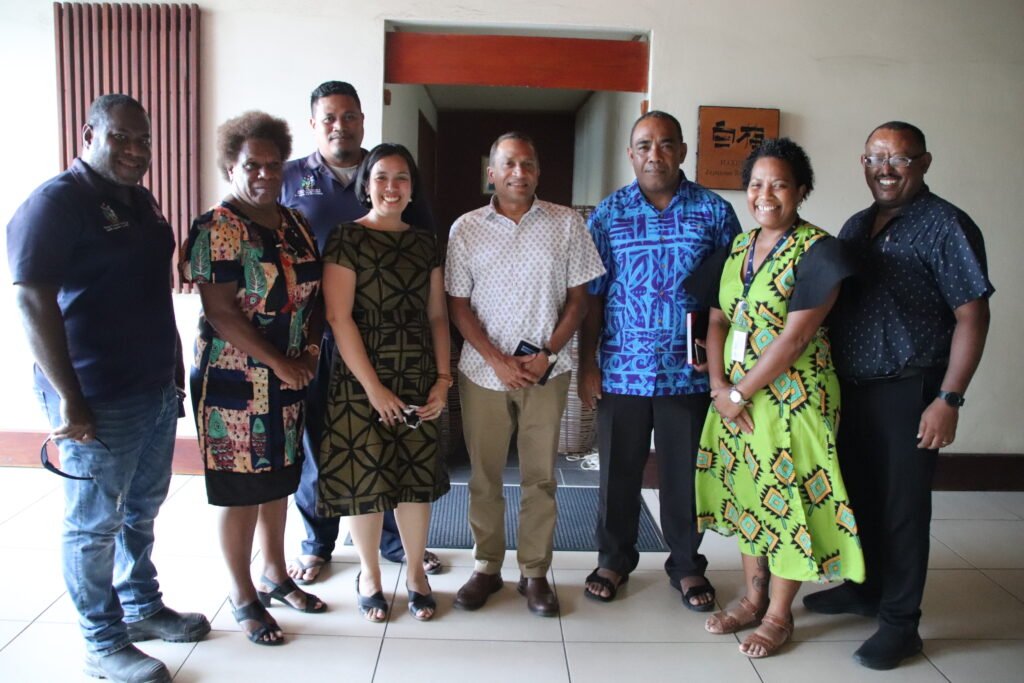
Peacebuilding and Social Capital
Solomon Islands has demonstrated strengths on which it can build its nation amid challenges nationally, regionally and internationally, and it has become clear that its people are the most crucial social capital.
With demographic growth expected to double by mid-century, the number of people is predicted to surge from 680,000 to 1.4million – this will present both challenges and significant opportunities.
The key challenges include, but are not limited to, several high risks to life, assets, the environment, social cohesion, human security, peace and macroeconomic stability.
Economically, the country has relied on the logging industry to fund social progress, but this has come at great cost environmentally. Logging is the largest formal employer outside of the public service and provides around 5,000 jobs.
For the past three decades, the economy has been mainly buoyed by forest products through harvesting and export of round logs and sawn timber, contributing an average of 15-20% total government revenues, equivalent to 60-70% of foreign earnings.
It is now necessary to reorient the logging industry towards more sustainable practices and to retain more value in-country.
The future of Solomon Islands will be defined by various factors: its ability to rein in an unsustainable logging industry, a more diversified economy, modern agriculture and fisheries, and the opening of new sectors of activity – all while preserving the country´s environment.
Gradual economic diversification could lead to exploring engagements in the development of cruise and eco-tourism, and the improvement of the value chain in export and domestic market supply-oriented agriculture.
Additionally, strengthened social cohesion and human security, and the operation of a strong risk-informed disaster risk recovery plans and the upgrade of existing infrastructure could support national resilience-building.
This is in tandem with managing macroeconomic variables with care and maintaining debt and ODA at current or, if possible, at lower levels.
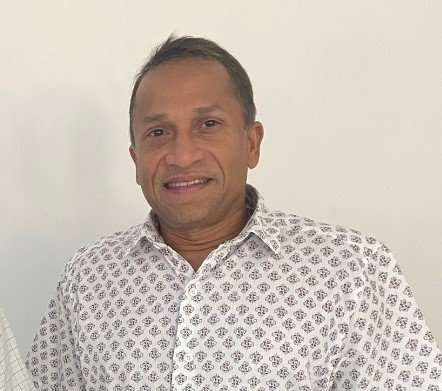
Governance, Human Rights and Gender Equality
There is certainly room for Solomon Islands to strengthen its governance systems – citizens should freely express their political preferences, and women should be fully represented in all instances of public life. Women’s representation in political bodies will enable to shift policy priorities and expand aspirations for other women and girls.
As gender inequalities continue to persist, and recent shocks, including the Covid-19 pandemic and economic crises, have aggravated the current scenario for women in the country, we need to strengthen and expand social protection systems to cover women which can work as insurance, increasing their bargaining power at the household level, promoting financial inclusion, supporting long-term income generation and building agency.
Investing in gender-sensitive responses to shocks, especially initiatives that build partnerships between governments and civil society, will help women better cope with uncertainty.
Women’s and social movements have an important role to play in advancing better legal rights to participate in economic life, greater representation in politics, better support for paid and unpaid domestic care work, better protection from sexual harassment, better access to land tenure, financial inclusion, overcoming stigma and raising awareness around violence against women and girls. Social movements can advance human rights and change cultural norms and narratives to expand agency and freedoms for all.
A national human rights institution, anti-corruption oversight bodies, and a stronger National Parliament and Judiciaries would enable an environment conducive to quicker development and greater freedoms.
As long-standing development partners of Solomon Islands, the UN will continue to work in the Solomon Islands and the Pacific on areas such as climate action, strategic restructuring of economic sectors, health and education, social protection, gender equality, childhood protection, and digital and blue economy development.
Other areas the UN will continue to work on include food security, humanitarian aid and recovery, infrastructure, macroeconomic management, and relocation of communities at risk.
UN support across the Pacific for 2022 is approximately US$240m, with specific support to Solomon Islands for 2022 up to US$30m.
We stand ready to accompany you as you enter the next phase of your development journey, and move towards a more peaceful and prosperous future for all Solomon Islanders.


